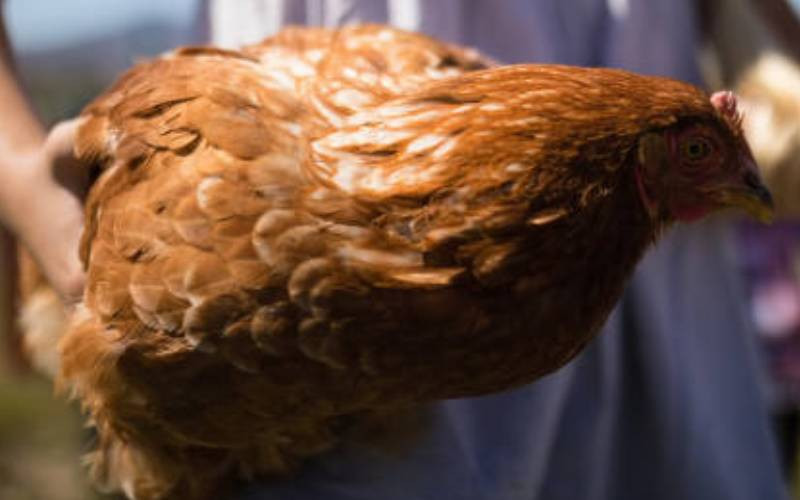
There are two Latin phrases in law that distinguish between what is wrong because it is, and what is wrong because the law says it is. Mala in se means an act is inherently wrong e.g., rape or murder. Mala prohibita, on the other hand, means that an act is wrong because a group, say, the state, has prohibited it despite it not being inherently 'evil' such as photography in a prohibited area.
It is easy for the society to be outraged by acts that are mala in se. That is why a mob will quickly form and lynch someone for snatching a bag. The mob's action is often impulsive and the punishment is swift. It is consequently easy to organise a society against many of the crimes that relate to acts that 'everyone' considers wrong and evil. Thus, it is possible to have 'organised resentment'. Surprisingly though, this does not appear to be the case for many white-collar or economic crimes, including corruption and fraud.